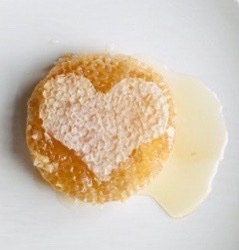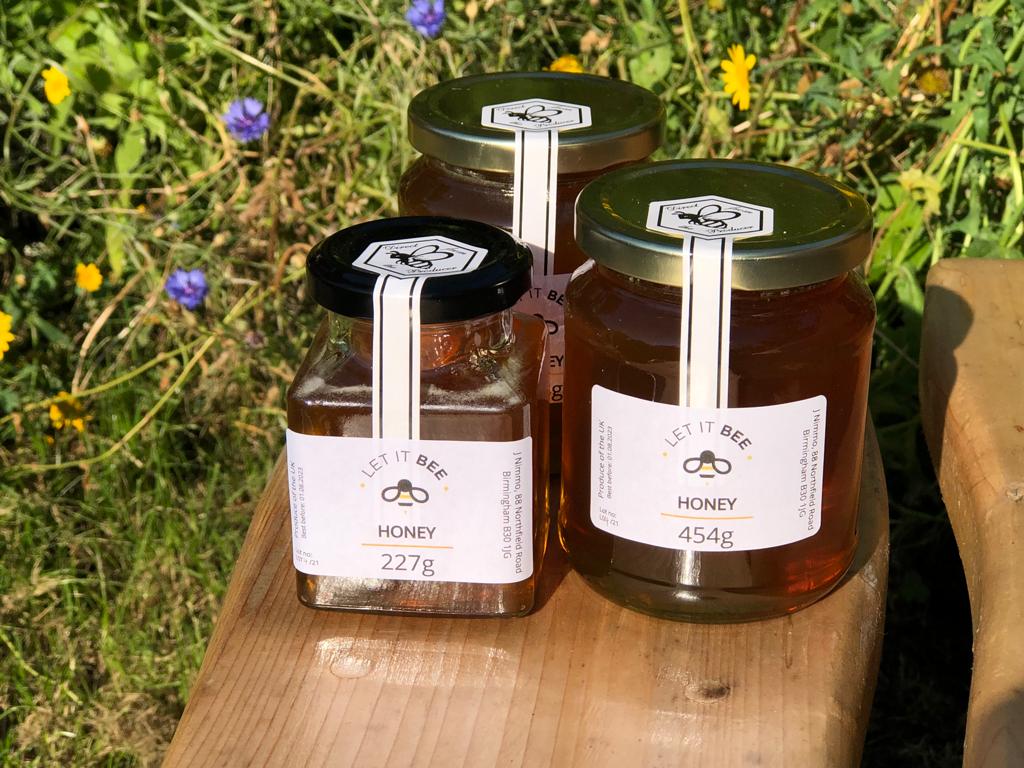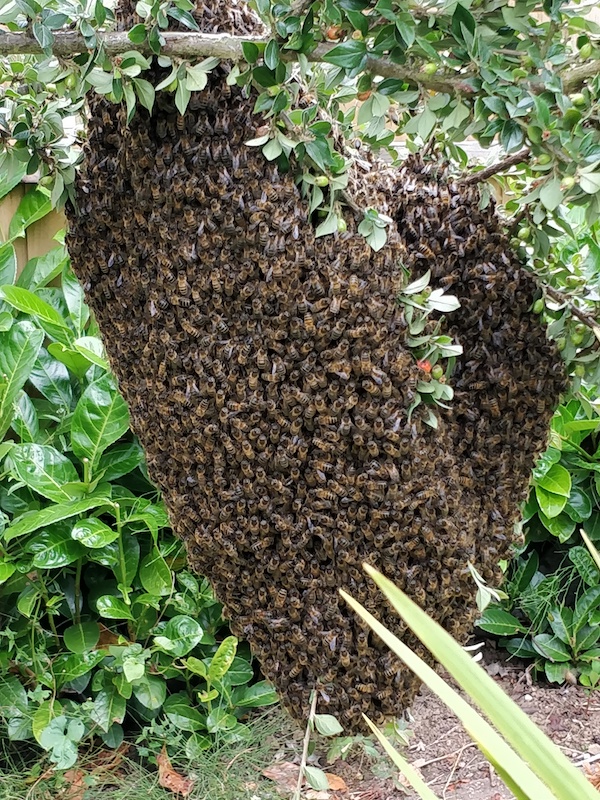Honey, I love you


Our family are bee lovers and adore honey! And yes that was part of my motivation to become a beekeeper. In my first few years with only a couple of hives, I found it hard to produce enough to keep my family satisfied. Now, with 15 hives, my bees produce plenty for my family and all my local customers 💚
Honey is special. It not only tastes delicious, but it also has many health benefits.
Each batch of honey is different as the taste depends on what the bees have been foraging on and the weather. Spring honey is lighter with hints of the local lime trees. This year I even got a small crop of oilseed rape honey which is peppery and pungent. The summer ‘flow’, which is when the nectar from summer forage comes in thick and fast in July, is usually darker with a fuller flavour, sometimes with hints of caramel. If the weather is still good in September the ivy honey is pale in colour with a rather unusual taste!
Honey contains a whole host of minerals and antioxidants that are good for us. It’s well known for treating sore throats, healing wounds, and, although still anecdotal, many people who suffer from hay fever swear by a daily spoonful of local honey to alleviate their symptoms. Whether it works or not it’s a good excuse to enjoy this natural, delicious treat.
Real, raw honey naturally granulates over time. Oilseed rape granulates within just a few days! My multi-floral honey usually takes months. If you like your honey runny simply pop your jar of granulated honey into a bowl of hot water and the crystals melt. Honey lasts for years so never throw any away. If it is past its best just use it in a salad dressing or drizzle over parsnips and carrots and roast them. Yum! Or, my personal favourite, infuse neat gin with some honey, strain it and you have a bee-licious tipple!
There has been quite a bit in the press about honey fraud. To make sure you get the real deal rather than a jar of sugar syrup, look for honeys that are single origin, and avoid jars which say the contents are a blend of EU and non-EU honey. Specialist shops or farmers markets are a good place to find tasty honey and it’s always best to buy locally. The British Beekeepers Association is a great source of information.
If you’d like to find out more about bees and beekeeping visit us at a local market.

